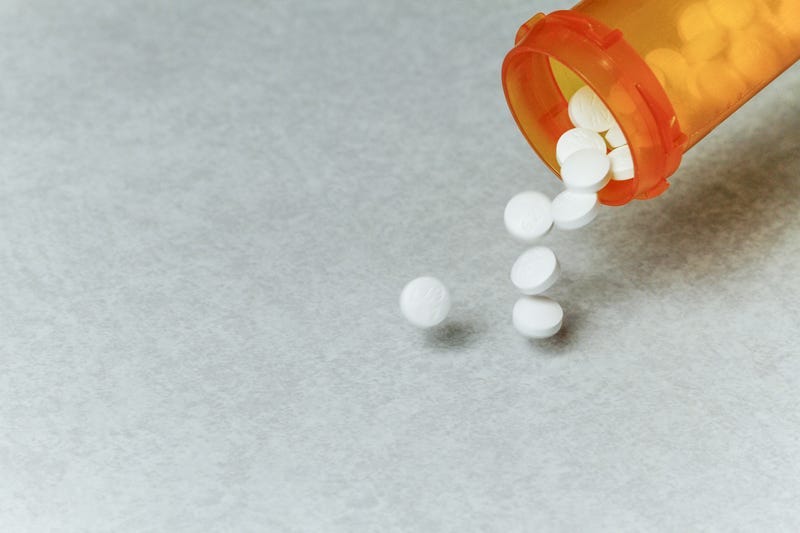
There is no cure for opioid addiction, but there is medication.
Deputy Commissioner Roland Lamb says it makes no more sense to deny addicted people the medication than it would to withhold treatment for diabetes or high blood pressure.
"The fact is, this is the gold standard. It is what we have identified as a primary intervention when it comes to saving lives, when it comes to engaging people in treatment," Lamb said.
Opioids are so hard to kick because withdrawal is extremely painful, but MAT uses Methadone, Suboxone or Vivitrol to keep people from feeling the effects of withdrawal.
But there's been a perception that the treatment simply substitutes one drug for another, which Lamb says it's simply not true.
"We would no more restrict people's access to medication as it pertains to high blood pressure or diabetes," he said.
The city has also added 3,000 slots for outpatient MAT and hopes eventually, down the road, to get to 100 percent for outpatient slots as well.
With that in mind, the city is ordering all 80 residential treatment centers to make it available to all of their clients by next January.
Currently, it's available to about 65 percent of those in residential treatment. In all, some 10,000 people in Philadelphia are receiving medication-assisted treatment, both as inpatients and outpatients.
Officials estimate there are 70,000 people in the city using opioids daily, and it cost the city $90 million in treatment in 2017.
Officials are unsure how much the expansion will cost, but the hope is it ultimately will lower the city's costs by increasing the success of treatment.
